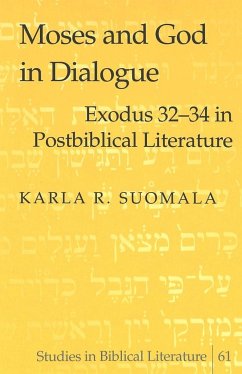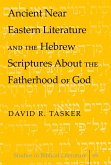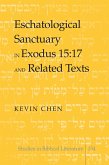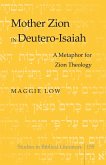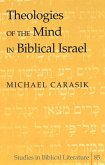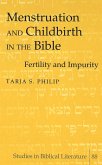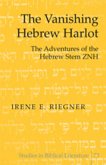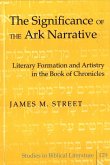In Exodus 32-34, through a series of dialogues, Moses persuades God to spare the Israelites from destruction after they have made and worshipped a golden calf. The significance of this passage was not lost on ancient interpreters. At the heart of their concerns was the relationship between Moses and God, as well as the extent to which the Divine could be swayed by human reason and passion. For some, the idea that God could be moved by human efforts was welcome, providing hope in difficult times. For others, it was alarming; after all, God was not only supposed to be all-powerful, but immune to change. This book evaluates the ancient reworkings of these dialogues - translations, rewritten Bible, Midrash, and Targum - in light of the difference in power and position between Moses and God and its influences on the form of their communication.

